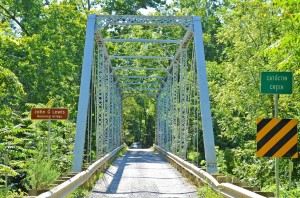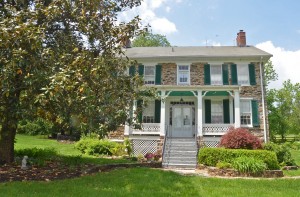There is a growing effort to save Loudoun County’s old gravel roads from being paved.
By some accounts, Loudoun has more unpaved roads than any other County in the Commonwealth – about 250 miles – down from what some say was once 500 miles.
The County has, especially in the West, resisted attacks to develop and destroy the County’s pastoral setting; but, if something isn’t done, there will be fewer miles of unpaved roads.
Some walk or ride down Lovettsville’s Georges Mill, nearby Axline Road, Picnic Woods Road, or Ash George Road.
Over by Waterford, there’s the Clover Hill Road, and Downey Mill Road.
There are an array of roads south of Lincoln, Virginia.
In every direction near Middleburg, there are unpaved roads to discover worth a walk a run, a trot, or a ride.
Tim Jon, a columnist for the Blue Ridge Leader, has been cataloguing the beauty of the roads of Loudoun County for years.
The effort to save these roads has prompted a partnership by and between America’s Routes and the Mosby Heritage Area Association, hoping to underscore the hundreds of years of history and beauty and country peace that these roads represent. Continue reading



